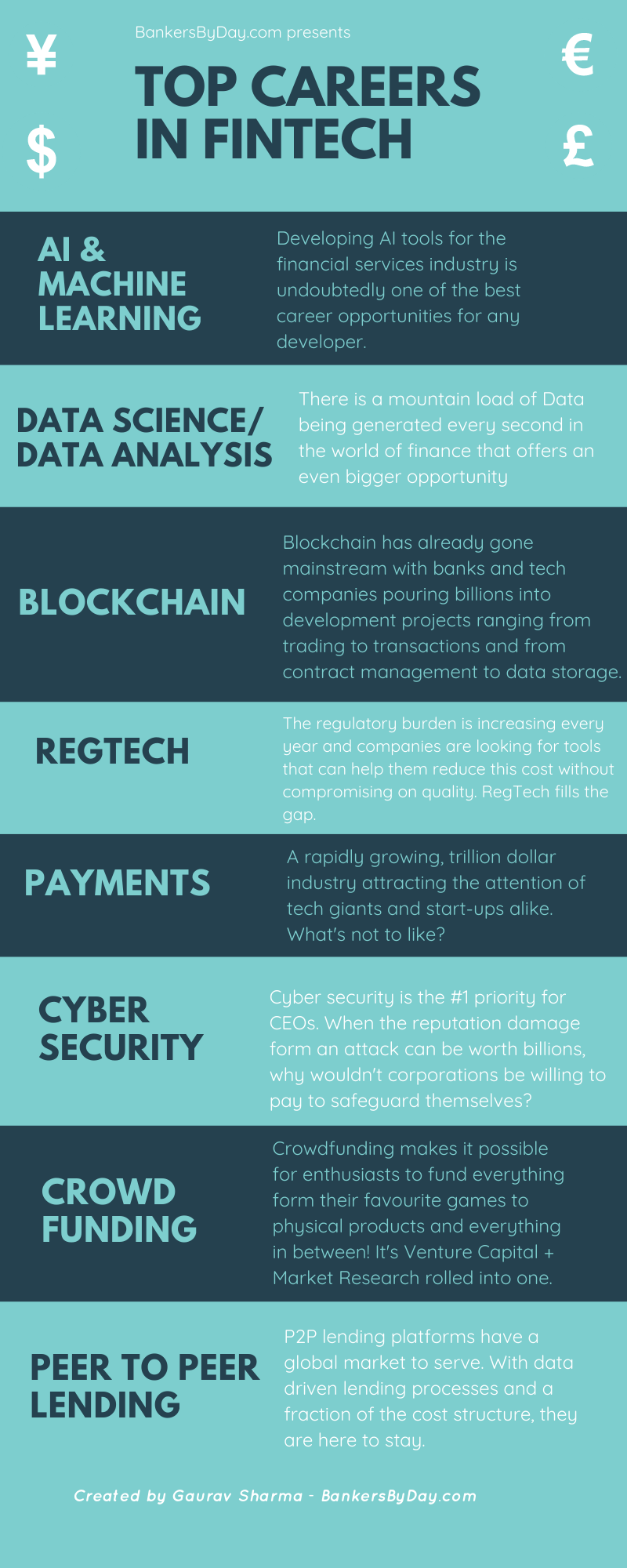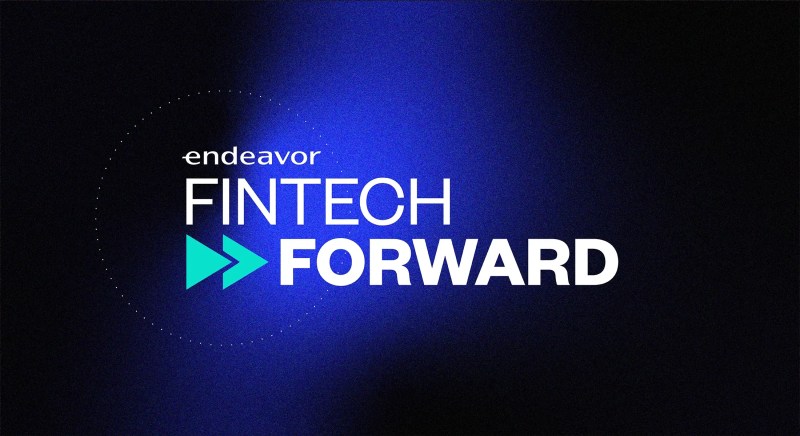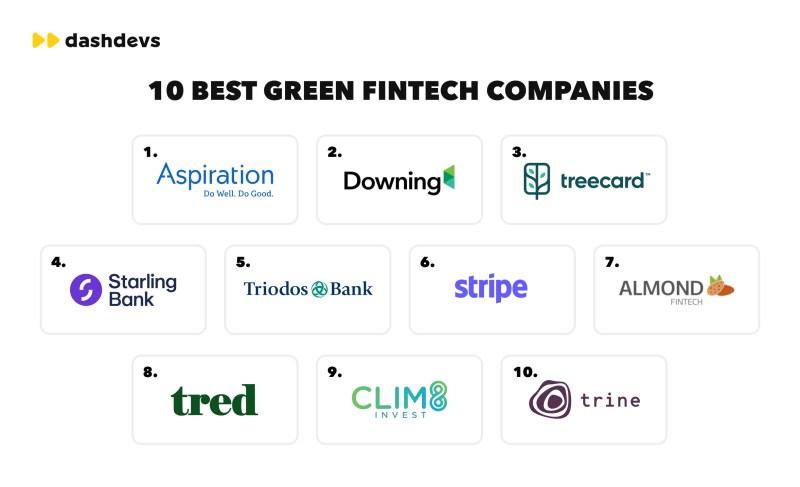
Us Fintech Startups – The US has 105 Fintech unicorns, making it the world leader on that front. The US has managed to top the charts, unbeaten by its arch-rival China in the number of Fintech unicorns, a remarkable achievement in the fintech space. North America’s continued growth in the number of fintech unicorns is driven by the extensive funding the sector has seen in the region. The number of venture capital deals in 2021 continued to soar in the second quarter of 2021, compared to the number of deals that fell in Asia and Europe.
Looking at the sector on a micro scale, we see that the large fintech unicorns that populate the US ecosystem primarily come from sub-sectors such as Wealthtech, Payments and Challenger Banks, as the region sees an increased appetite for digital financial services, with nearly nine 1 in 10 Americans now use some form of Fintech application to manage their financial lives, according to Fortune.
Us Fintech Startups

The US fintech ecosystem has seen major checks in the first half of 2021. In the first 6 months of 2021, investment contract values have already managed to increase by 117% compared to the first half of 2020. The increase in funding was led by the 3.4 billion dollars raised by Robinhood, the $600 million raised by Stripe and the $500 million raised by Better, ServiceTitan and DailyPay.
About Us, Fintech Egypt, Banking,financial Payments| Fintech Egypt
However, this does not mean that 2020 itself has not been a year of significant investment. According to KPMG’s 2021 report, $78.9 billion was invested in 2020. In retrospect, the industry has come a long way since fintech first started gaining traction in 2009, with investments of only around $1.1 billion. This is almost an 80-fold increase in 11 years.
This investment frenzy in the US is primarily driven by the realization that big finance is ripe for a technological makeover, a realization that continues to attract venture capital to booming sectors like payments, wealth technology and cryptocurrency.
Clearly, financial technology is a huge industry in the United States. The sector has matured much faster than in other countries. As of November 2021, there were 10,755 fintech startups in the US, making it the region with the most startups worldwide, according to Statista’s 2021 survey.
Of these, only about 1% of the 10,755 fintechs are unicorns valued at $1 billion or more. While this may seem like a drop in the ocean, the 105 US unicorns represent nearly 45% of the world’s fintech unicorns. China trails the US with 13 fintech unicorns, just a tenth of those the US is proud to host.
Drivewealth On X: “it’s An Honor To Be Recognized On The 2024 World’s Top Fintech Companies List By @cnbc And @statistacharts! 🏆🎉thank You To Our Team, Partners And Investors Who Have Supported
So what is driving so much innovation and growth in startups? A big part of that is regulation! Federal and state regulators in the US have been “in favor of fintech innovation” with regulatory sandboxes and pilot programs serving as hubs for financial services growth.
The US market is also seeing a swarm of consumers jumping on the Fintech bandwagon, bringing the country to a state of mass adoption. The percentage of US consumers using fintech rose to 88% in 2021, compared to just 58% in the 2020 edition of Plaid’s survey, according to Fortune. This growing demand is the perfect business environment for US fintechs to thrive, and they certainly are.
The Wealthtech and Payments or Paytech industry is by far the most popular sector in the Fintech billion-dollar club, with 38% of unicorns based in this sector. Next in the ranking is the Challenger Bank sector, a promising industry also in the US.

The wealthtech industry has seen unprecedented growth, primarily driven by the retail investment boom that continued after the pandemic. The increasing demand had a directly proportional effect on venture capital investment. The sector received investments worth $4.7 billion in the first quarter of 21, an increase of 562% compared to the fourth quarter of 2020, according to CBInsights.
Investments Into Fintech Companies Worldwide
The pandemic has also fueled the growing appetite for digital payments. To put this in a clear perspective with hard facts, consider the 186% increase in PayPal’s share price over the past 12 months. In addition, Square shares have soared by more than a scale factor of 5. The sector has been driven by several factors, including the rise of e-commerce and the general shift away from cash as the primary form of transaction.
Arguably, although growth in both sectors has been catalyzed by the pandemic, the change in consumer behavior and demand for these new age financial services products will continue to spread in the coming years. But only time will tell how the industry will develop and we will be watching closely.
Introduction As the wealth management industry continues to embrace generative artificial intelligence, the focus is increasingly shifting to the efficient management of data.
Introduction The wealth management industry is undergoing a significant transformation driven by a generational change and changing market conditions. If
Acquiring Users In The Digital Age: Fintech Startups’ Journey With Sms Marketing_english
Introduction The future of artificial intelligence (AI) is incredibly promising as it continues to revolutionize industry by improving operational efficiency,
The Center for Finance, Technology and Entrepreneurship (CFTE) is a global education platform that aims to equip financial professionals and organizations with the skills needed to remain competitive in a rapidly changing industry. Our leading training programs, curated by global industry experts, help talent develop skills to join the digital revolution in finance. CFTE courses are recognized worldwide with accreditations from ACT, IBF, CPD, SkillsFuture and ABS.
At CFTE, our mission resonates with every student’s goal to quickly advance their career, thrive in their next project, or even lead a break in the economy with their own business. To help you do this, CFTE provides you with the tools you need to master the right skills in digital finance. We provide exclusive insights from leaders driving the evolution of the financial sphere, from global CEOs to disruptive entrepreneurs. With CFTE, you don’t just learn what’s in the books, you get the experience of understanding real applications.

If you’re looking for valuable insights into how the fintech space is changing from within, we can help you gain the latest insights that will revolutionize your career. CFTE offers leading online programs in digital finance covering a range of topics such as payments, artificial intelligence, open banking, platforms, fintech, intrapreneurship and more, helping you conquer the fintech landscape. With this experience at your disposal, you will be well on your way to boosting your career.
Two Years Of Catalyzing Talent For Inclusive Fintech Startups
You will learn from a select group of industry leaders, experts and entrepreneurs from Fortune 500 companies and Tech Unicorns, among others. Each of them will present their knowledge and experience in the field of digital economy. Whether you’re embarking on a new journey or expanding your role, these guest speakers and experts will guide you through the perspective of established institutions like Starling Bank, Wells Fargo, tech giants like Google, IBM, and successful startups like Cabbage or Plaid, among many more! Find out everything about our product, search our documentation and more. Enter a query in the search box above and results will appear as you type.
As a financial partner to technology and healthcare companies and investors for the past four decades, he has provided support and guidance through a variety of economic cycles. Dan Allred, senior market manager who leads FinTech’s national payments and fintech strategy, shares trends from the latest State of FinTech report and his thoughts on the future of the fintech industry.
Fintech companies currently face uncertainty as federal regulators grapple with technology’s role in financial services and examine potential risks to consumers.
Dozens of federal agencies already have broad mandates to protect consumers from data breaches, unfair lending and fraud, while ensuring digital platforms comply with anti-money laundering safeguards and international sanctions. We have recently seen measures to strengthen fintech oversight with the creation of the US Securities and Exchange Commission (SEC) FinHub, the Consumer Financial Protection Bureau (CFPB) Office of Competition and Innovation, and the new Financial Technology Office of the Comptroller of the Currency (OCC).
From Startup To Unicorn: Brazil’s Top B2b Fintech Companies
The CFPB has indicated that providers of short-term consumer loans, known as buy-now-pay-later (BNPL), are on the way and are not required to provide data to credit bureaus. The popularity of BNPL products skyrocketed during the pandemic, with originations going from 17 million loans in 2019 to 180 million in 2021, a 10.6-fold increase, according to the CFPB.
Even as regulators focus on the fintech sector, they face the constant challenge of trying to keep up as technological innovation moves at full speed. The CFPB, for example, is creating new rules provided under the Dodd-Frank Act of 2010 (a set of financial regulations enacted to prevent future financial crises) to establish standards for sharing consumer financial data to address privacy concerns that BNPL and other news. consumer payment options. Meanwhile, the collapse of the FTX cryptocurrency exchange is likely to accelerate regulatory initiatives in the digital currency space. The FTX contamination is causing other cryptocurrency bankruptcies, including BlockFi, which had to pay $100 million in fines to the SEC in February for violating securities laws. FTX consequences highlight the complexity of regulation





